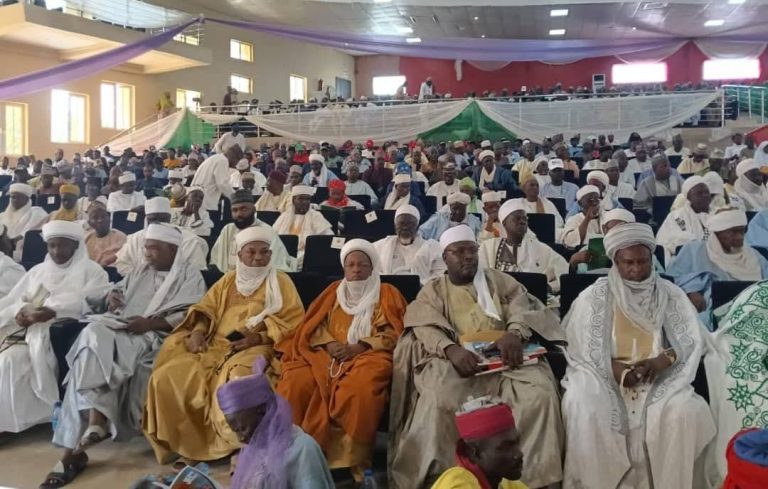Nigeria is currently witnessing dynamic discussions around the ongoing constitutional review process, as various interest groups and lawmakers bring forward pressing issues aimed www.sokotostate.gov.ngat reshaping the nation’s governance, economic future, and cultural identity. Recent memos and advocacy efforts delivered, especially by the SokotoDNA, to the House of Representatives Committee, emphasize a comprehensive approach to constitutional reform, focusing on economic security, clearer taxation, youth empowerment, and the preservation of historical heritage.
Prioritizing food, health, and economic security
A crucial memo received by the House of Representatives Committee on July 26 underscores the urgent need to prioritize food security, health, and economic security in the constitution. Advocates argue that embedding these priorities in the constitutional framework will mandate government protection of citizens’ basic needs and sustainable national development. Given Nigeria’s challenges with food inflation, health infrastructure deficits, and economic instability, constitutional guarantees in these areas could fuel holistic progress and poverty reduction.
Constitutional amendments to tackle unemployment via skills acquisition
Another proposal points to the incorporation of mandatory skills training programs in the constitution, targeting the chronic unemployment problem among Nigerian youth. This initiative suggests that the government should provide universal access to vocational and technical education, equipping citizens with practical skills that align with labor market demands. Embedding such provisions constitutionally would institutionalize empowerment and reduce dependency on formal employment, fostering entrepreneurship and self-reliance.
Clarifying Tax Rules Across Government Levels
Taxation has been a perennial challenge in Nigeria, characterized by overlapping authorities and unclear regulations leading to revenue losses and governance inefficiencies. On July 27, a memo presented to the constitutional review committee highlighted the need for clear, unambiguous tax rules that delineate responsibilities for federal, state, and local governments. Such clarity is expected to enhance compliance, improve revenue generation, and enable better delivery of public services by all tiers of government.
Honoring Usmanu Danfodiyo: A Cultural Renaissance through Renaming Local Governments
Beyond economic and governance reforms, there is a grassroots push to honor Nigeria’s rich history, particularly within the legacy of the Sokoto Caliphate. Groups advocating for the renaming of Local Government Areas (LGAs) to reflect historical figures, especially the revered scholar and leader Usmanu Danfodiyo, see this as a vital step towards cultural preservation and identity reaffirmation. This cultural renaissance aims not only to memorialize heritage but also to strengthen community pride and unity.
Bridging Heritage and Modernity in Nigeria’s Path Forward
The constitutional review has thereby become a platform where Nigeria’s past and future meet. Whether it is securing citizens’ welfare, empowering youth with employable skills, streamlining government functions through tax reforms, or embracing and honoring the nation’s rich heritage, these proposals reflect a collective yearning for a stronger, more inclusive Nigeria.
As the House of Representatives Committee continues to deliberate these memos, the Nigerian public and stakeholders eagerly await tangible constitutional reforms that will set a new course for national growth, resilience, and cultural dignity—crafted not just in the halls of power but inspired by the diverse voices of its people.
By addressing food security, health, employment, governance clarity, and cultural identity at once, Nigeria’s constitutional review stands as a defining moment in the country’s quest for sustainable development and unity.
Citations:
[1] https://www.thestoriesng.com/reps-committee-receives-memo-to-prioritize-food-health-health-economic-security/


